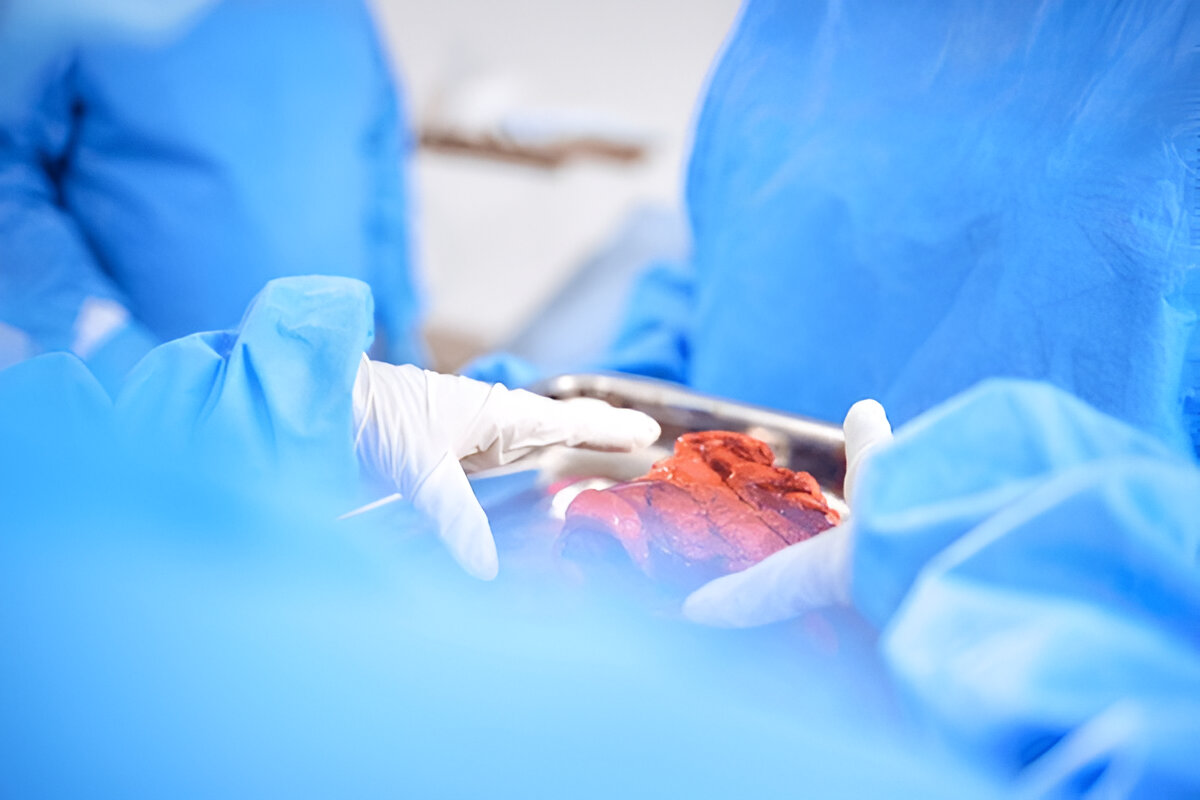Frequently Asked Questions
A liver transplant is a surgical procedure where a diseased or failing liver is replaced with a healthy liver from a donor.
People with end-stage liver disease, acute liver failure, or certain liver cancers may be candidates for a liver transplant.
Common causes include cirrhosis from hepatitis B or C, alcohol-related liver disease, non-alcoholic fatty liver disease (NAFLD), and liver cancer.
A living donor transplant involves a portion of a healthy person's liver being transplanted, while a deceased donor transplant uses a liver from someone who has passed away.
Patients undergo extensive testing including blood work, imaging, heart evaluation, and psychological assessment to determine transplant eligibility.
The MELD (Model for End-Stage Liver Disease) score helps prioritize patients for liver transplantation based on the severity of liver disease.
Waiting time varies depending on the patient’s condition, blood type, MELD score, and organ availability.
The diseased liver is surgically removed and replaced with a donor liver. The surgery typically lasts 6–12 hours under general anesthesia.
Patients usually stay in the hospital for 1–2 weeks and require 3–6 months of recovery with regular follow-ups and medication adjustments.
Risks include infection, bleeding, rejection of the donor liver, and complications from immunosuppressive medications.
Patients must take lifelong immunosuppressive drugs to prevent rejection, along with other medications to manage side effects and infections.
Yes, with proper medical care, lifestyle changes, and adherence to medications, many transplant recipients live full, healthy lives.
It replaces the diseased liver and can restore normal liver function, but patients must manage their health to prevent complications or recurrence.
Success rates are high, with over 85% of patients surviving one year after transplant and many living for 10 years or more with proper care.
Yes, some underlying conditions like hepatitis C or autoimmune liver disease can recur in the transplanted liver if not managed properly.

